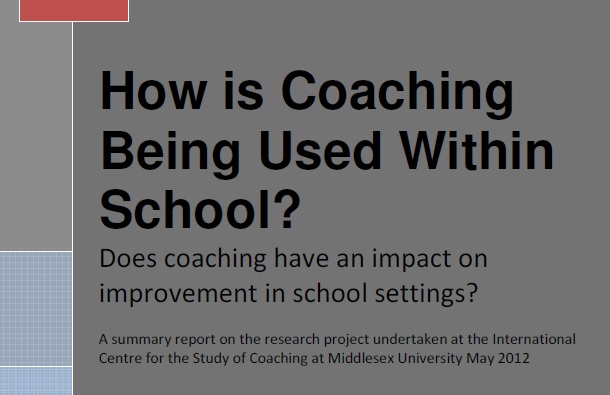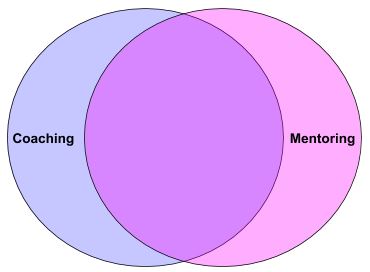For 18 months, communication (both sending and received messages) has been an area for professional development and investigation. In my mind, communication has now been separated into two actionable sending components; planned communication and conversations on-the-go and one receptive component, listening. Over the past eight months, communication has overlapped with growing interest in Coaching. It may even have been consumed by it.
I have added two powerful ‘Clean Language‘ questions to my on-the-go conversation mental checklist. Two powerful questions that support the personal, informal-professional, incidental, conversations we encounter as teachers in our everyday, complex and messy school-work lives. This maybe be exacerbated in school environment, given that for much of the working day, we are the only ’employee’ in the room? So that when we break free we seek out professional confirmation?
Conversations on-the-go
Be very wary of conversation on-the-go. These conversations present opportunities for miscommunication and misunderstanding or both. Check what is being asked?
START: Stop – focus. Can I give this conversation my sincere and full attention? Think – is this a coaching moment or a question to be dealt with,
delayed, deferred, or dumped. Ask – a the question with interest. Reflect -reflect back what you heard, ask a follow up question is beneficial. Trust – the conversation partner, give them ownership and responsibility to take it forward.
If you can not give the conversation your full attention, explain when you can. Deferred – “That is an interesting and important question. Can I get back to you on that via… an email later today or in a conversation after break.” Or “If it is important to you, then it is important to me and I want to give you my full attention. First, I have a deadline to meet. Can we meet to discuss that this afternoon at 3:15?”
“That is an important question. Who is the best informed person to answer it?”
Avoid firm commitments made during on-the-go conversations. Some school topics should not be made on-the-go. For example, the timetable team made a conscious point of stating that no decisions would be made “in-passing.” .
Confirm the “message sent,” and confirm what “message landed.”
A useful closing question I regularly use – “Did you get what you needed from this conversation?” You may be surprised by how frequently that is answered with another question.
At the water-cooler
For every complex problem there is an answer that is clear, simple, and wrong.
H.L. Mencken (Borrowed from Twitter.)
These day to day conversations may present as a simple passing conversation, however I am proposing that they are far from it. They are often fact woven into the complex fabric of school life (the only six period day of the week, a colleague missed a duty, a student was/was not reintroduced to a class, briefing overran…) and that the person best placed to unravel the dilemma, is not you. It is them. What these on-the-fly conversations offers, is an opportunity to listen, empathise and build rapport. And to be in a position to build rapport, you need a mutual understanding of what it is you are discussing.
Question 1: And what kind of X (is that X)?
By using their words, first are showing them that you are listening AND second you are aligning yourself, defining / clarifying what it is you are about to discuss. To a lesser extent, you are removing yourself, your bias and opinion, from the conversation.
I anticipate that you are not that impressed. Presented here, in black and white, just eight words, it does not look like much. But looks can be deceiving right?
What is more, Question 1 has a sidekick.
Question 2: And, is there anything else about X?
A further opportunity for the conversationalist to explore their own thinking. With just a gentle probe to dig a little deeper.
I know. Unimpressed. So was I. Given your low expectations – I am confident you will be pleasantly surprised.
For more Clean Language, look out the work of Caitlin Walker.



Pingback: Prior knowledge helps the rich get richer – Edventures